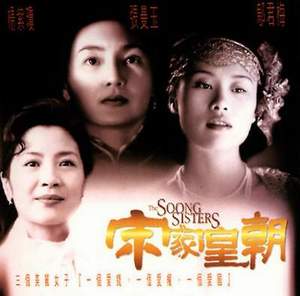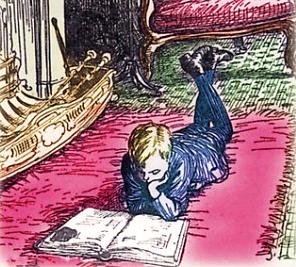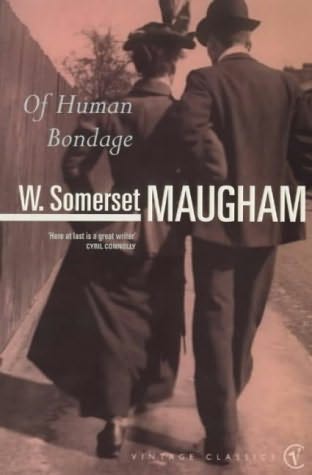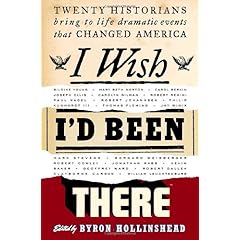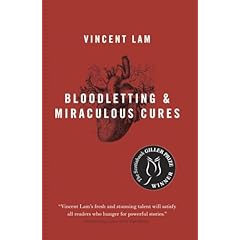 I have never attempted a poetry meme before so I was ecstatic that the lovely Lesley of Lesley's Book Nook would tag me- a big "thank you" to her and also to Cam from Cam's Commentary for originating the meme.
I have never attempted a poetry meme before so I was ecstatic that the lovely Lesley of Lesley's Book Nook would tag me- a big "thank you" to her and also to Cam from Cam's Commentary for originating the meme.Here goes:
1. The first poem I remember reading/hearing/reacting to was:
Abou Ben Adam by Leigh Hunt
My dad dabbled in amateur theatre as a youngster and Abou Ben Adam was a poem he could recite with a lot of dramatics and hence he was forever reciting it all over the house...infact, one of my earliest memories of my father was him reciting this poem to us children. He also recited a lot of Punjabi poems that I can't find on the net, so I'm not going to be able to write about them.
Abou ben Adam
Abou ben Adam (may his tribe increase!)
awoke one night from a deep dream of peace,
And saw, within the moonlight of his room,
Making it rich, and like a lily in bloom,
an angel, writing in a book of of gold.
Exceeding peace had made Ben Adam bold,
And to the Prescence in the room he said:
"What writest thou?" The vision raised its head,
And, with a look made of all sweet accord,
Answered, "The names of those who love the Lord."
"And is mine one?"said Abou, "Nay, not so,"
Replied the angel. Abou spoke more low,
But cheerily still, and said, "I pray thee, then,
Write me as one who loves his fellow men."
The angel wrote, and vanished. The next night
It came again, with a great awakening light,
And showed the names whom love of God had blest,
And lo! Ben adam's name led all the rest.
- Leigh Hunt
Abou ben Adam (may his tribe increase!)
awoke one night from a deep dream of peace,
And saw, within the moonlight of his room,
Making it rich, and like a lily in bloom,
an angel, writing in a book of of gold.
Exceeding peace had made Ben Adam bold,
And to the Prescence in the room he said:
"What writest thou?" The vision raised its head,
And, with a look made of all sweet accord,
Answered, "The names of those who love the Lord."
"And is mine one?"said Abou, "Nay, not so,"
Replied the angel. Abou spoke more low,
But cheerily still, and said, "I pray thee, then,
Write me as one who loves his fellow men."
The angel wrote, and vanished. The next night
It came again, with a great awakening light,
And showed the names whom love of God had blest,
And lo! Ben adam's name led all the rest.
- Leigh Hunt
2. I was forced to memorize (name of poem) in school and........
I was forced to memorize "O Captain My Captain" by Walt Whitman and you would think I'd hate the poem, but au contraire, it's one of my favorite poems! I went on to recite it at my school's elocution competition and WON! :)
3. I read/don't read poetry because....
I don't read modern poetry because I'm an old-fashioned gal, I like poetry that rhymes. The only non-rhyming poetry I love are the Sufi poems by Rumi, Hafiz etc. Also, poetry is getting so abstract these days that I don't always understand what the poet is saying.
4. A poem I'm likely to think about when asked about a favorite poem is .......
When I think of the word poem in the dictionary of my mind, "Solitude" by Ella Wheeler Wilcox is the poem that comes to mind. Good or bad, I've often taken her advice...
Laugh, and the world laughs with you;
Weep, and you weep alone.
For the sad old earth must borrow it's mirth,
But has trouble enough of its own.
Weep, and you weep alone.
For the sad old earth must borrow it's mirth,
But has trouble enough of its own.
Sing, and the hills will answer; Sigh, it is lost on the air. The echoes bound to a joyful sound, But shrink from voicing care.
I also love this one by RUMI
The breeze at dawn has secrets to tell you.
Don't go back to sleep.
You must ask for what you really want.
Don't go back to sleep.
People are going back and forth across the doorsill
where the two worlds touch.
The door is round and open.
Don't go back to sleep.
I also love this one by RUMI
The breeze at dawn has secrets to tell you.
Don't go back to sleep.
You must ask for what you really want.
Don't go back to sleep.
People are going back and forth across the doorsill
where the two worlds touch.
The door is round and open.
Don't go back to sleep.
5. I write/don't write poetry, but..............
Sadly, I don't write any poetry, not even the rhyming kind!
6. My experience with reading poetry differs from my experience with reading other types of literature.....
When I read certain kinds of poems it's a magical experience, it's almost as if I am lifted up and away into a different world and even when the words are long forgotten, the essence of the poem continues to stay with me. Very few bodies of literature have been able to do that for me.
7. I find poetry.....
especially the old-fashioned or Sufi poetry, beautiful....it fills my heart and touches my soul. I love the rhythm of poetry, I love that for the most part it is free from rules of grammar, allowing it to bend and flow any which way it wants to go.
8. The last time I heard poetry....
I think the last time was when my friend and fellow blogger "Waryer Poet" or 'Cactus Poet" as he is now known, sent me a recording of his poems.
9. I think poetry is like....
Red wine, when you read the right kind of poetry and it can intoxicate you, but when you read something that you don't particularly enjoy it gives you a headache!
There are so many on my blogroll that would love attempt this meme, so I'm going to invite all of you to play if you would like!
This might also be a nice time to introduce some friends and fellow bloggers whose wondrous and clever poetry I absolutely enjoy:
Beloved Dreamer
Gautami from Rooted
ParisParfait
Sharanya Manivannan


